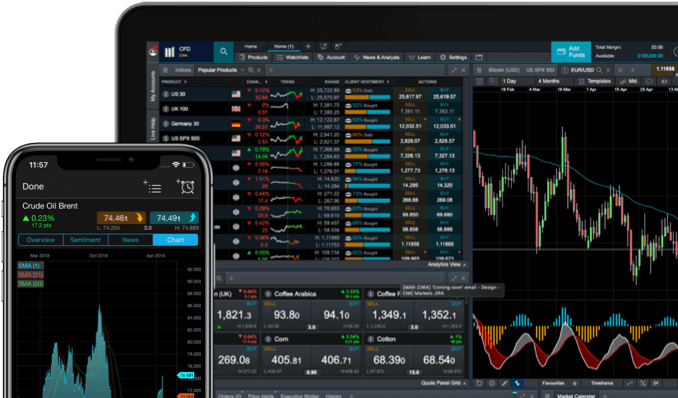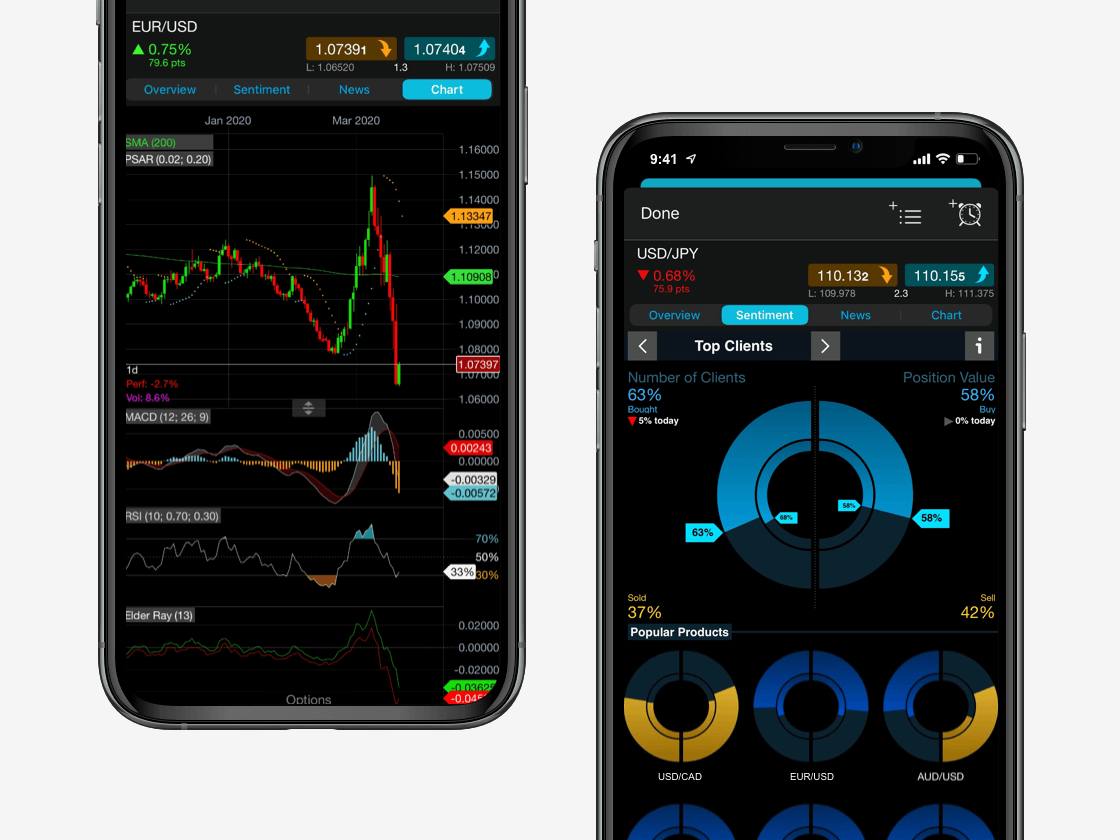Although approximately 80% of our planet is covered by water, only 1% can be used for drinking. According to the World Health Organization, one billion people lack access to drinking water and between 3 and 4 billion cannot rely on a sufficient and/or dependable water supply. Furthermore, according to the OECD, worldwide water demand is expected to increase by 55% between now and the year 2050, but at least two thirds of the world’ population might already be in a state of “water stress” by 2025. The United Nations forecast is even gloomier and in fact predicts that by 2035, our water use will increase by 85% due to energy demand.
Water is essential for every country in the world, but everyone manages it differently. In the past, water companies were publicly owned and managed to ensure that people had reasonably priced access to this essential resource. However, in many regions, water companies have gradually shifted to the private sector.
Some countries have embraced privatisation more than others. For example, the entire UK water market has been privatised, whereas other governments still manage most of their water resources. Some countries prefer to let private companies manage the entire network, while others prefer public-private partnerships. Understanding that each country follows a different regulatory system is as important as understanding the investment profile of individual stocks. Water utilities are generally part of a stable and much less volatile sector, which could be why they're attractive to some long-term investors and position traders.
Another major benefit of water utilities is their abundant dividends. That is why investors should always pay close attention to stock dividend policies and calculate the dividend yield to identify whether a stock is overvalued or not. Read more about the best dividend shares to watch here.



















